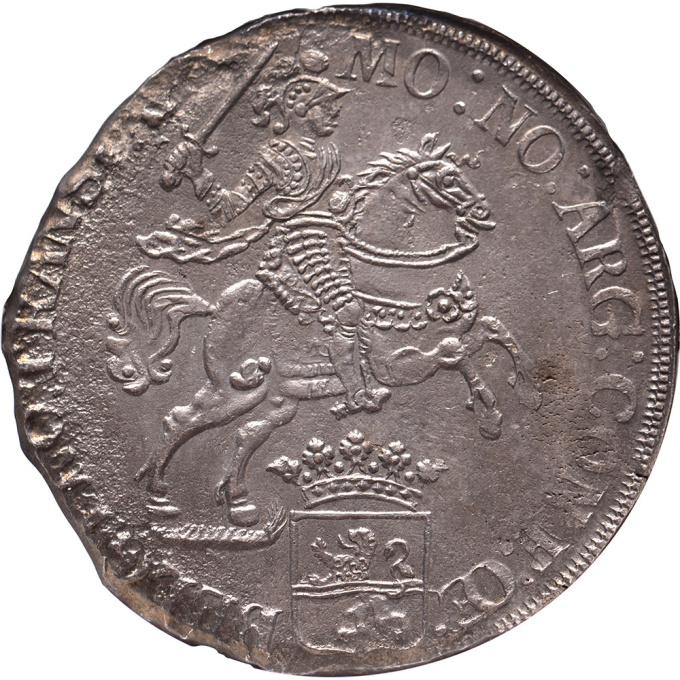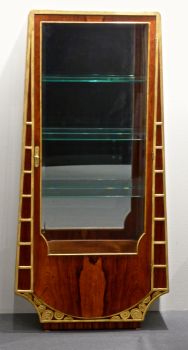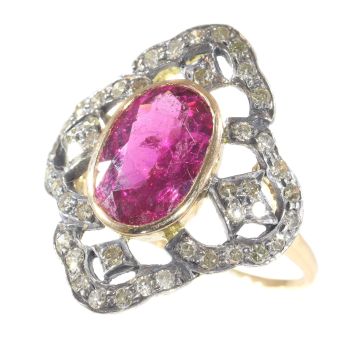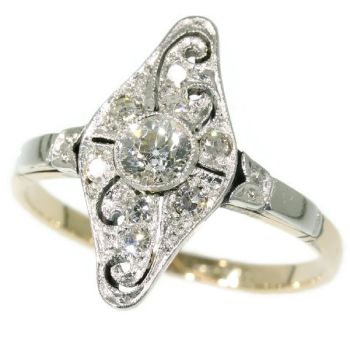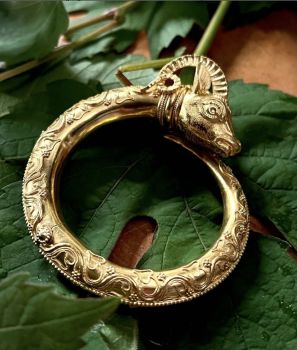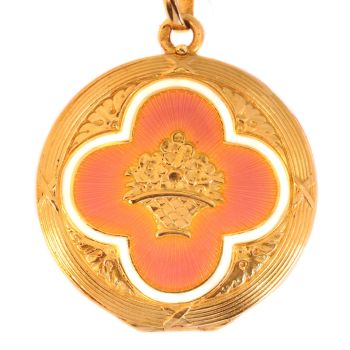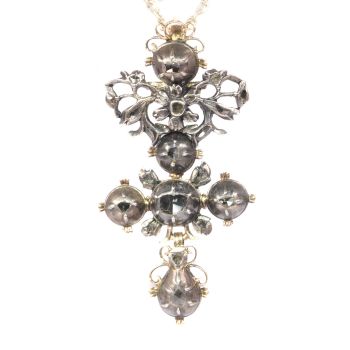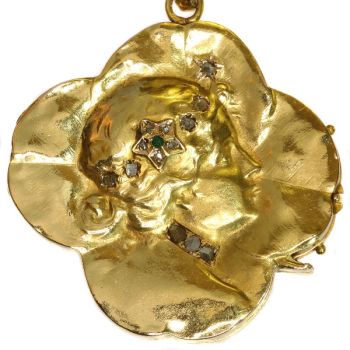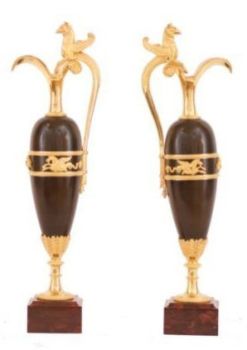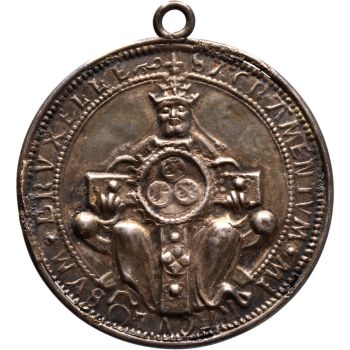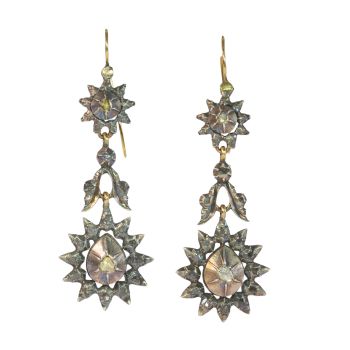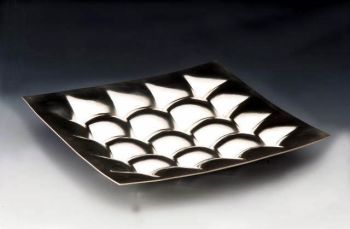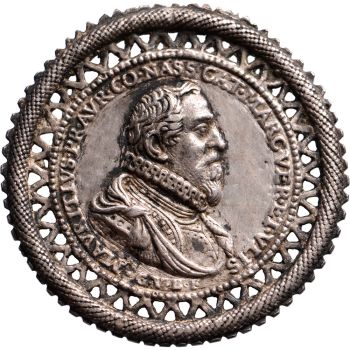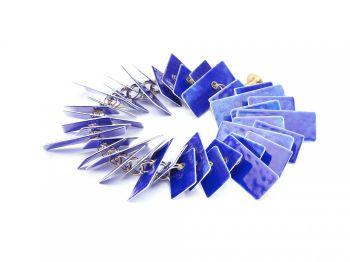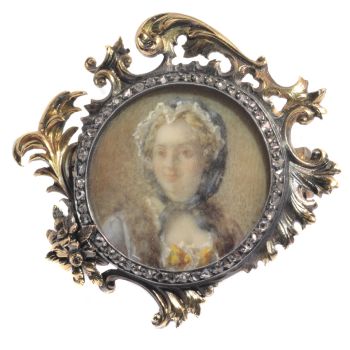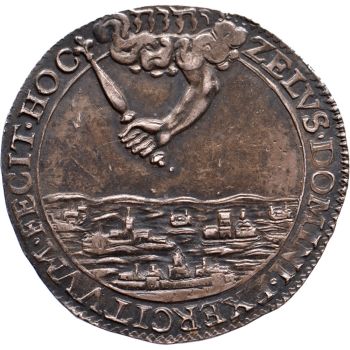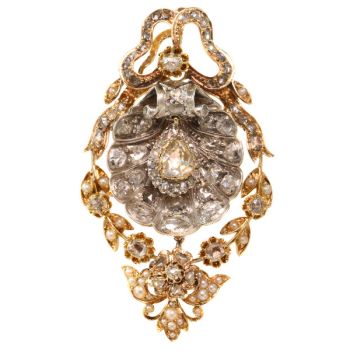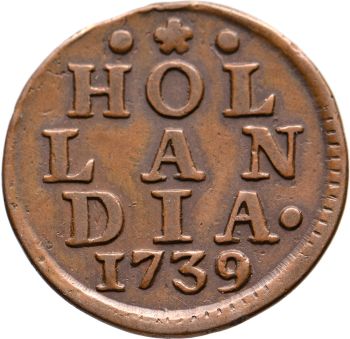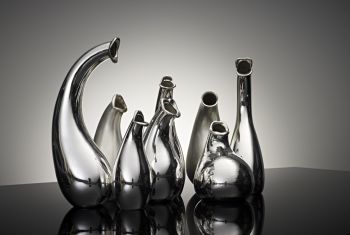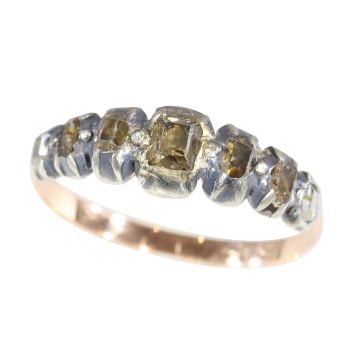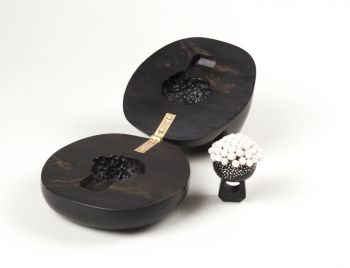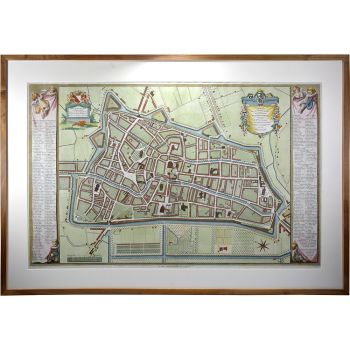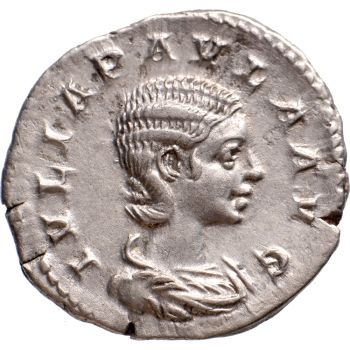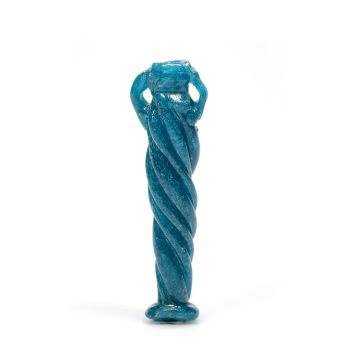Silver rider Overijssel – Vliegent Hert NGC Shipwreck graded 1734
Artista Desconhecido
Prata
€ 650
Jongeling Numismatics & Ancient Art
- Sobre arteObverse: MO : NO : ARG : CONFŒ. – BELG : PRO : TRANSI ., knight with sword held high on horseback right, crowned shield of province underneath
Reverse: CONCORDIA . – RES . PARVAE – CRESCVNT : crowned shield of the Generality, flanked by standing and crowned lions, year in cartouche with leaf ornaments underneath
Recovered from the wreck of the VOC ship ‘Vliegent Hert’
With NGC Shipwreck certification
‘t Vliegend Hert, also known as ‘t Vliegend Hart, was a ship of the Dutch East India Company (VOC). It was built in 1729 for the VOC Chamber of Zeeland. It had a capacity for 850 tons of cargo and 256 crew members.
On February 3 1735 the ship set sail from Rammekens to East India, under the command of Cornelis van der Horst. Along with its sister ship the Anna Catharina, which had sailed out at the same time, ’T Vliegend Hert hit a sandbank 18 km off the coast of Vlissingen and sunk. All those on board perished.
The wreck of ‘t Vliegend Hert was discovered in September 1981. A money chest with 2000 gold ducats and 5000 silver reales were found among other things. One remarkable discovery were lead containers holding tobacco, anchovies and cheese. - Sobre artista
Pode acontecer que um artista ou criador seja desconhecido.
Algumas obras não devem ser determinadas por quem são feitas ou são feitas por (um grupo de) artesãos. Exemplos são estátuas dos tempos antigos, móveis, espelhos ou assinaturas que não são claras ou legíveis, mas também algumas obras não são assinadas.
Além disso, você pode encontrar a seguinte descrição:
•"Atribuído a …." Na opinião deles, provavelmente uma obra do artista, pelo menos em parte
• “Estúdio de…” ou “Oficina de” Em sua opinião um trabalho executado no estúdio ou oficina do artista, possivelmente sob sua supervisão
• "Círculo de ..." Na opinião deles, uma obra da época do artista mostrando sua influência, intimamente associada ao artista, mas não necessariamente seu aluno
•“Estilo de…” ou “Seguidor de…” Na opinião deles, um trabalho executado no estilo do artista, mas não necessariamente por um aluno; pode ser contemporâneo ou quase contemporâneo
• "Maneira de ..." Na opinião deles, uma obra no estilo do artista, mas de data posterior
•"Depois …." Na opinião deles uma cópia (de qualquer data) de uma obra do artista
• “Assinado…”, “Datado…” ou “Inscrito” Na opinião deles, a obra foi assinada/datada/inscrita pelo artista. A adição de um ponto de interrogação indica um elemento de dúvida
• "Com assinatura ….”, “Com data ….”, “Com inscrição ….” ou “Tem assinatura/data/inscrição” na opinião deles a assinatura/data/inscrição foi adicionada por outra pessoa que não o artista
Você está interessado em comprar esta obra de arte?
Artwork details
Related artworks
- 1 - 4 / 12
- 1 - 4 / 24
- 1 - 4 / 12

